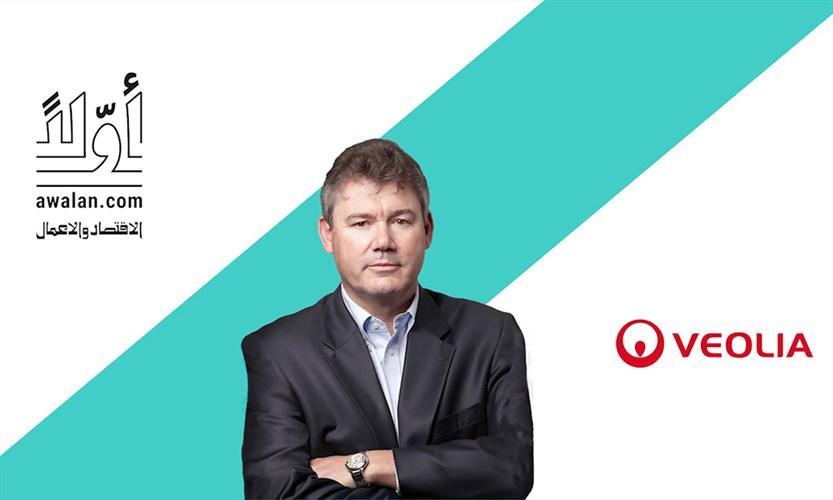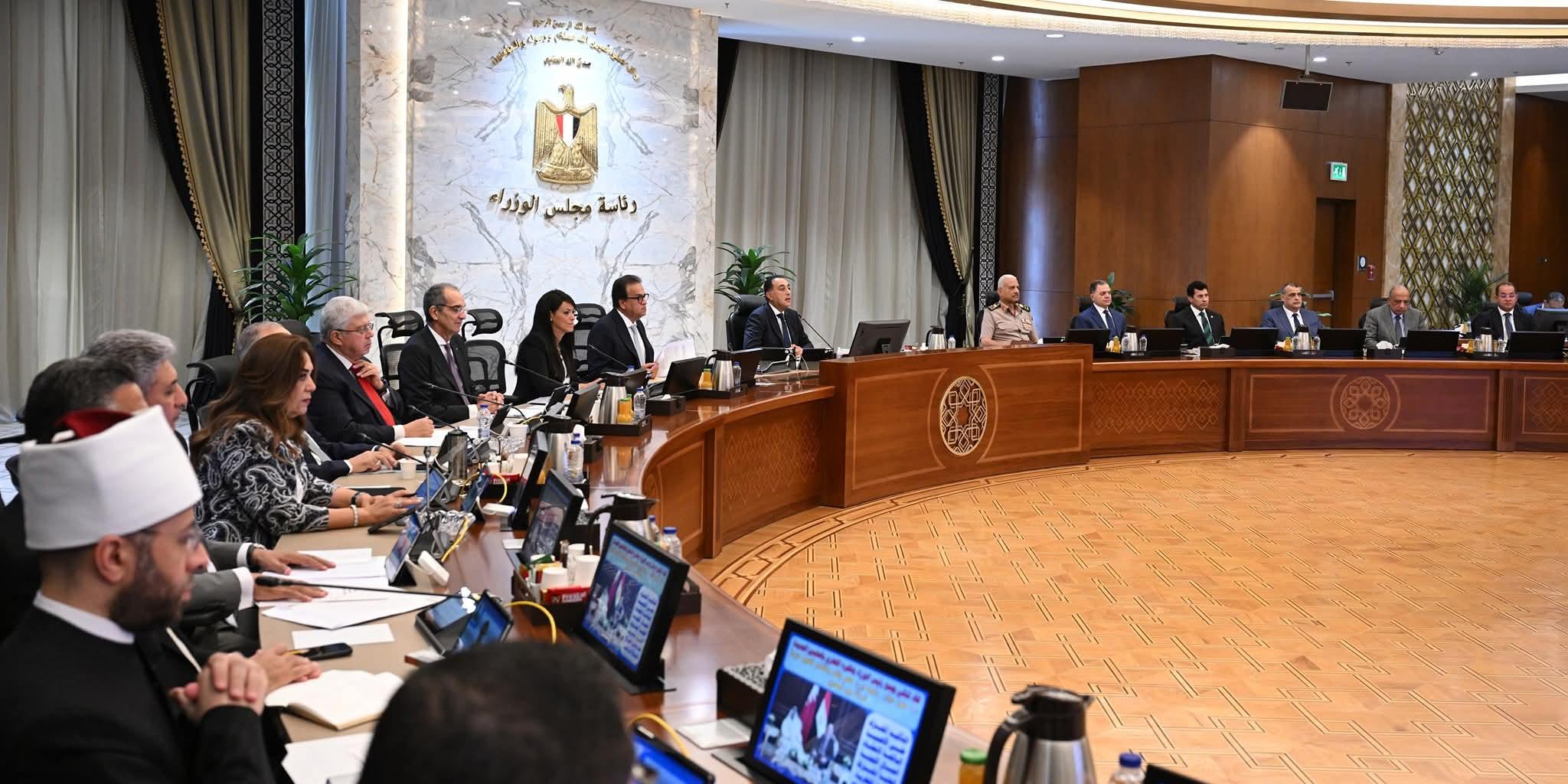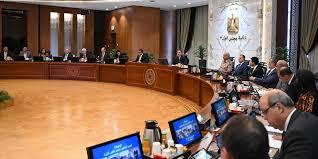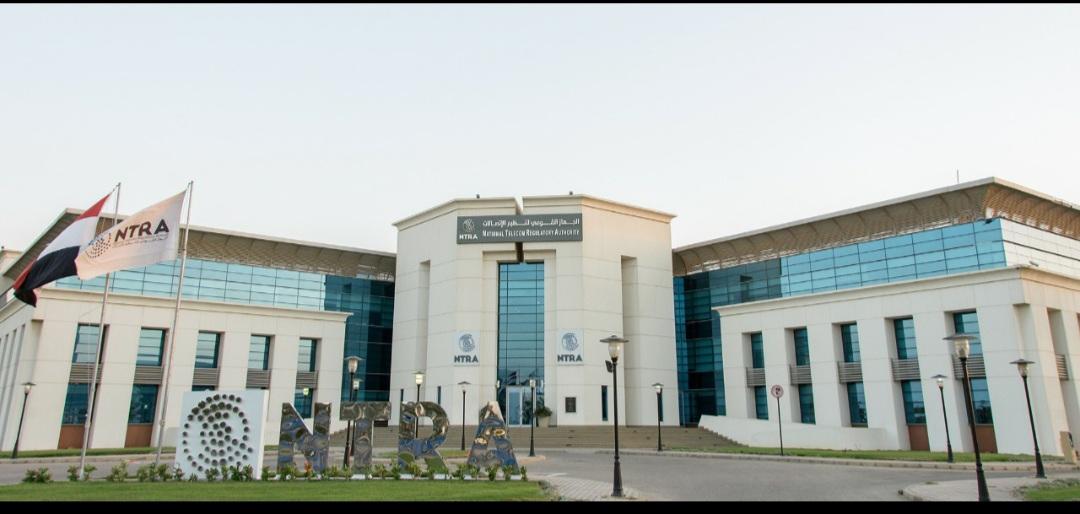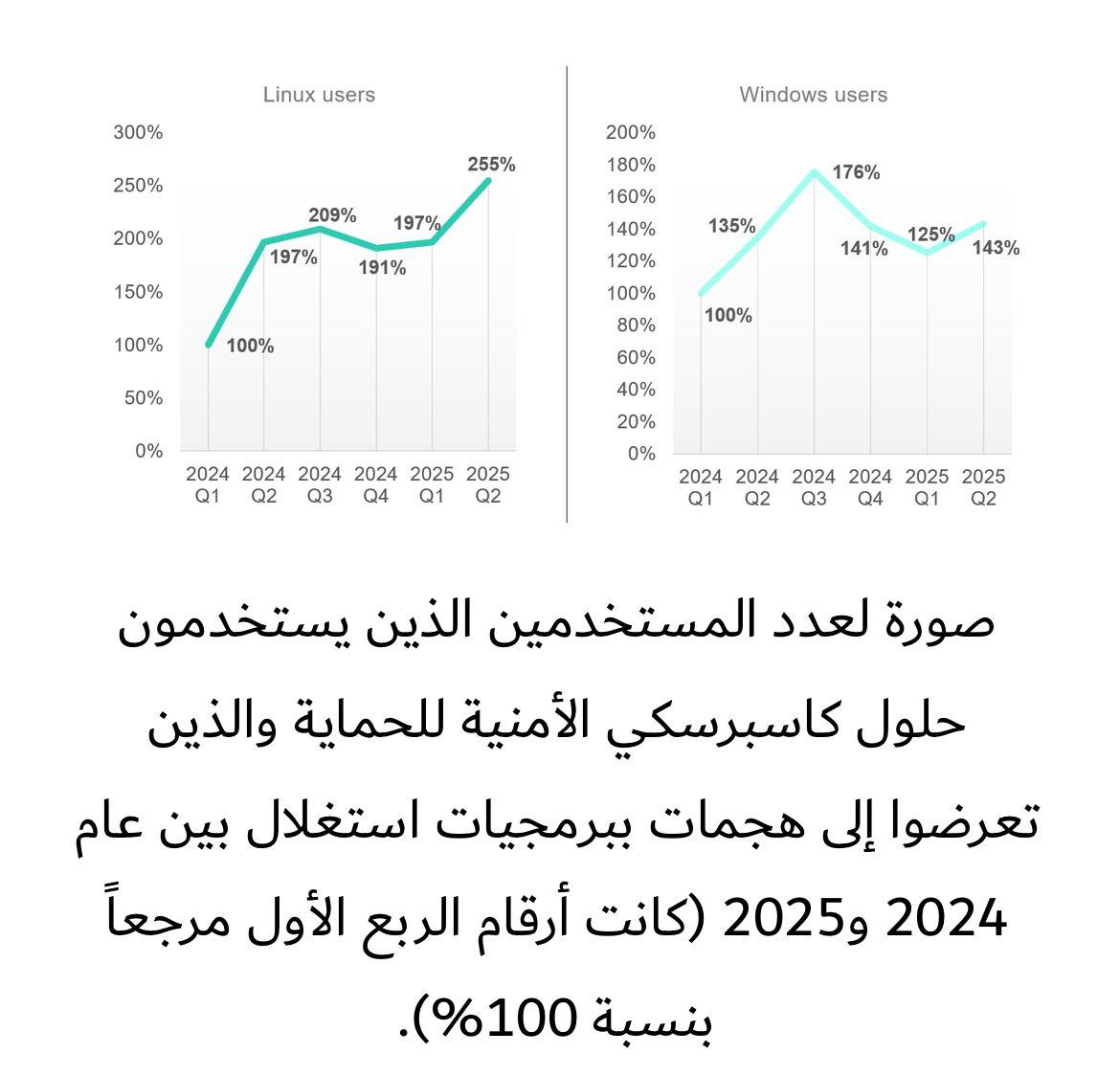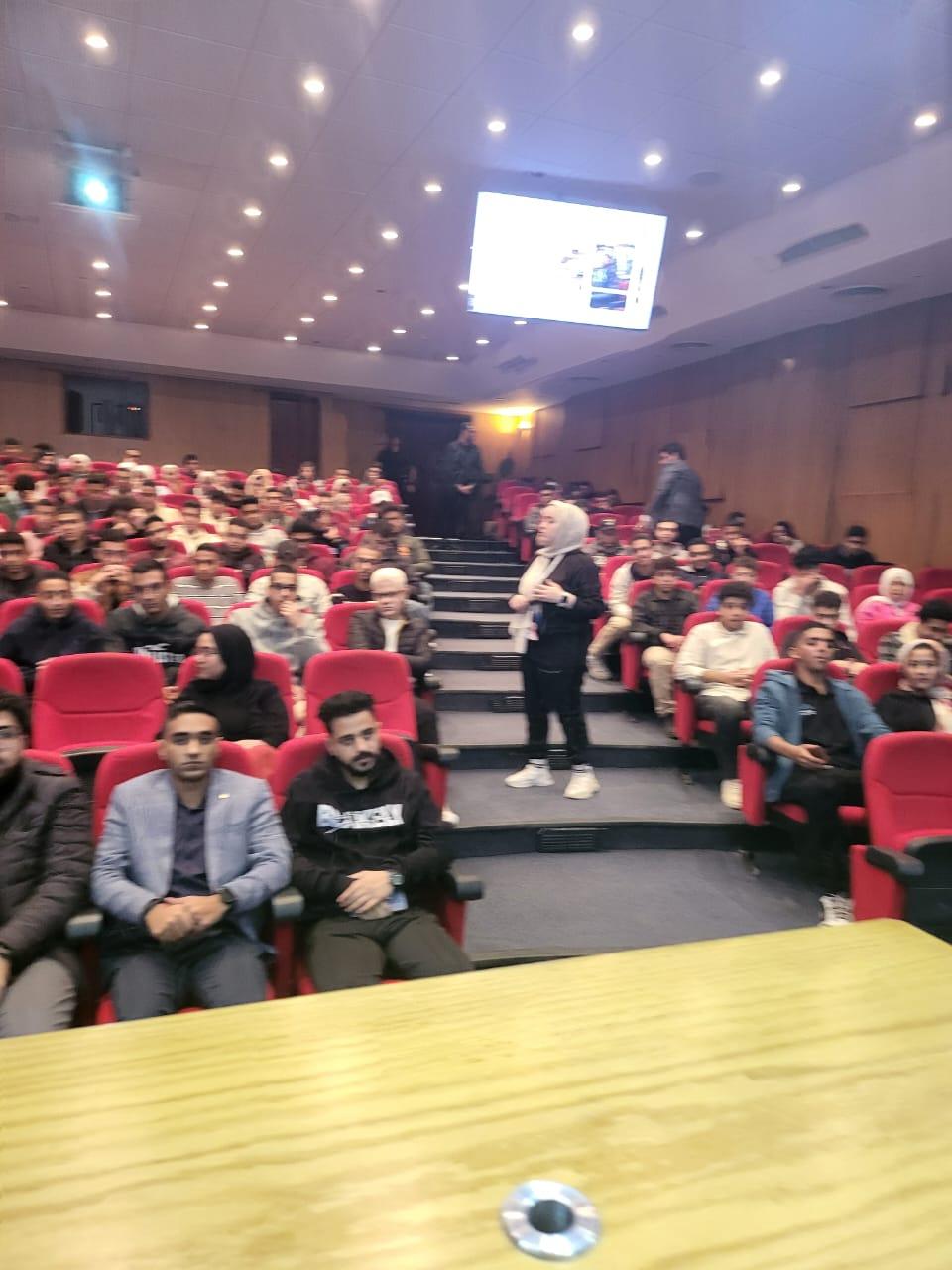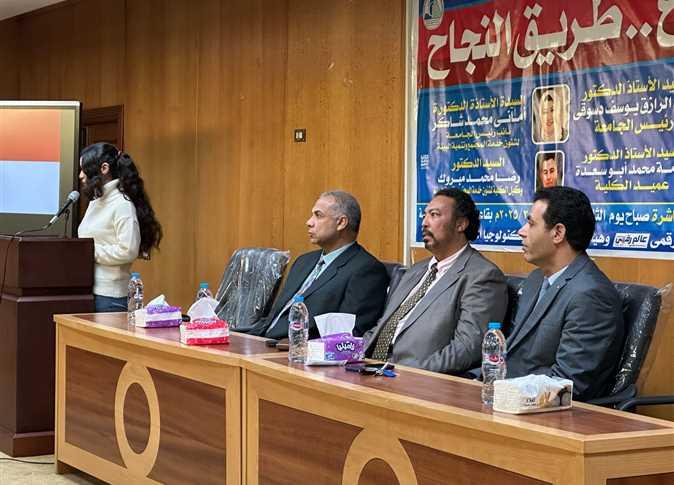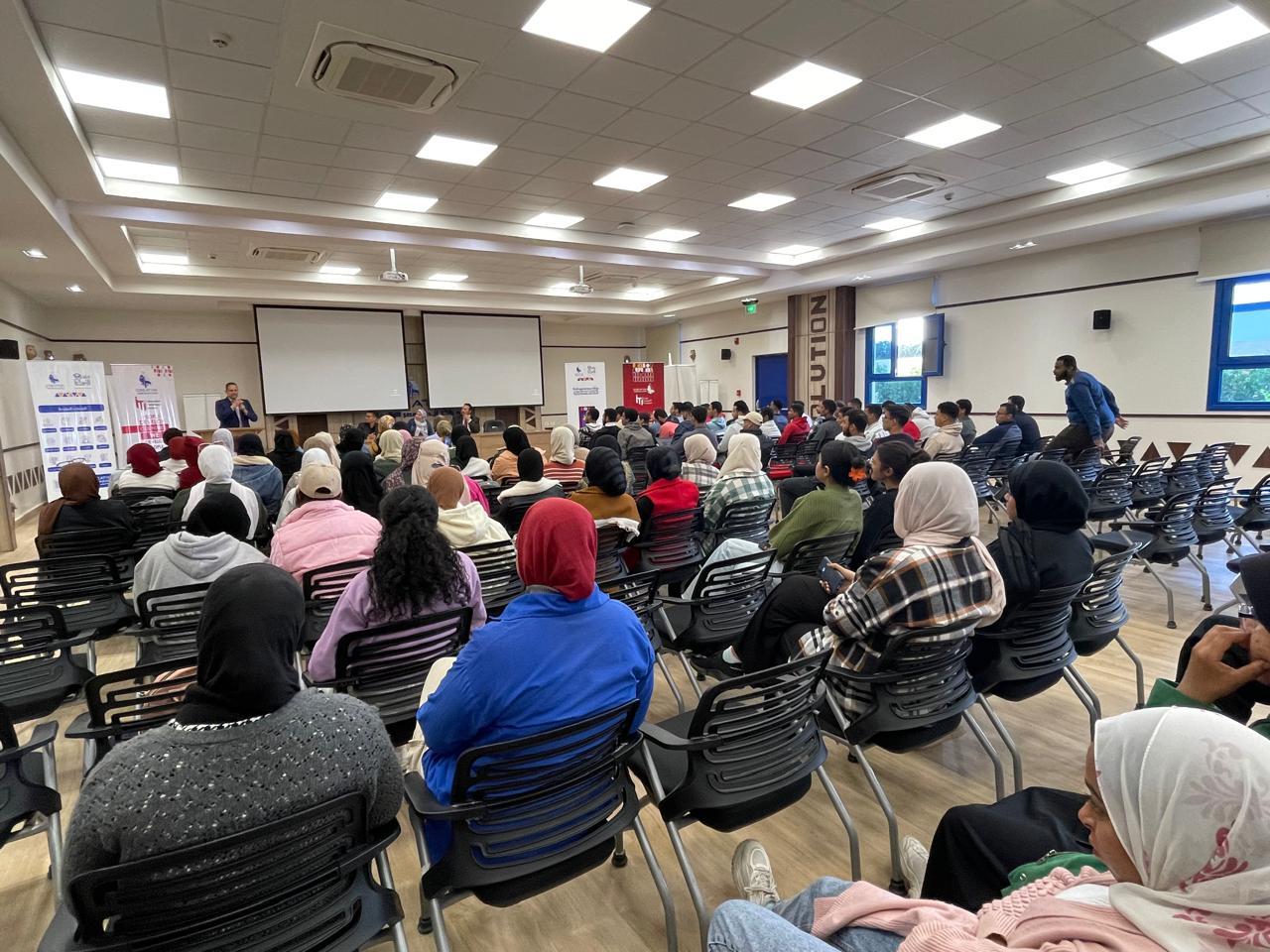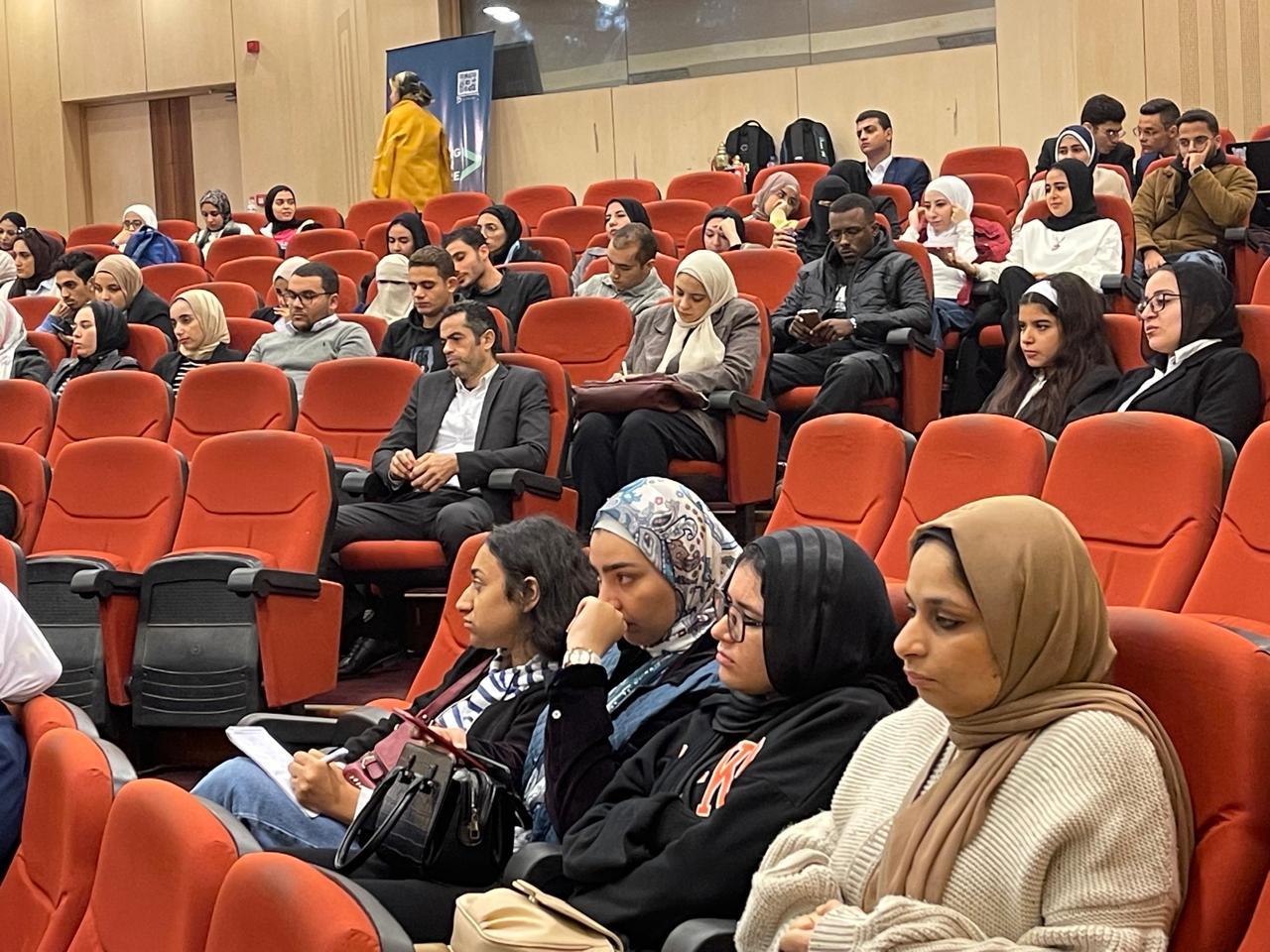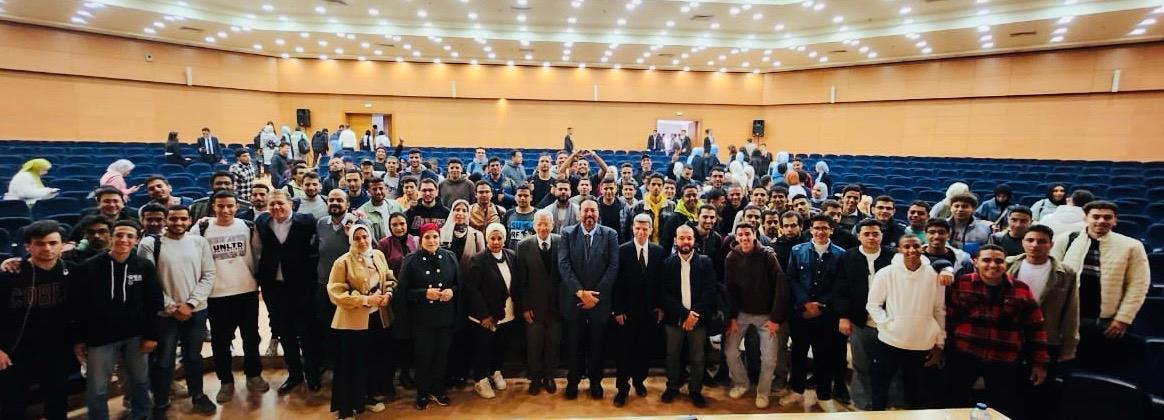By ;Nahla Muqalad
PwC revealed the results of the third Middle East edition of the biweekly COVID-19 CFO Pulse Survey which shows how Chief Financial Officers (CFOs) in the region are responding to COVID-19. The survey tracks the sentiment and priorities of finance leaders as they navigate the unprecedented disruption that COVID-19 has on their business.
Top Middle East findings:
- Reopening with confidence - as most companies look to reopen, 71% of Middle East CFOs are very confident in their ability to meet customers’ safety expectations and 70% believe they’d provide a safe working environment for their employees.
- The new normal: conflicting sentiments around flexibility; but digital transformation remains key with 54% of regional CFOs remaining focused on accelerating automation and new ways of working as a priority. 76% believe that flexible working will make their company better, however just a third in the Middle East are planning to make that a permanent option.
- Financial implications and recovery timeframes are becoming less optimistic - 66% of Middle East CFOs expect the recovery timeline to return to business as usual to take three months or more (up from 44% to two weeks ago).
- Containment measures: the workforce is still at risk - 87% of Middle East CFOs are considering cost containment versus 81% globally with 51% targeting workforce savings.
Reopening with confidence
As most countries across the Middle East are considering their reopening strategies, customer and employee safety is of the utmost importance. 76% of regional CFOs confirmed that their companies are planning on implementing workplace safety measures such as wearing masks and testing, especially in the UAE with 85% of CFOs confirming that but only 64% of UAE CFOs will be promoting physical distancing at work sites. The PwC study also revealed that 33% of Middle East CFOs are more likely to reduce their company’s real estate footprint due to the recent transitions in partial opening of offices and retail outlets.
The new normal: conflicting sentiments around flexibility; but digital transformation remains key
While over three quarters of Middle East CFOs see that work flexibility will make their organisations better in the long run, only a third (and just a quarter in the UAE), are planning to make remote working a permanent option. In terms of innovation, digital transformation is set to accelerate. 47% of our respondents say that technology investments they are making will make their company better and 39% are looking to use automation to improve the speed and accuracy of decision making with regards to their supply chain strategy.
Stephen Anderson, Middle East Markets and Strategy Leader, said: “It’s reassuring to see that almost a half of the executives we surveyed in the region are very confident in their company’s ability to build skills for the future – those in the UAE are even more confident at 64%, far above the global average of 48%. This aligns with the increased likelihood of companies adopting workplace automation, new ways of working and preparing employees for a digital tomorrow.”
Financial implications and recovery timeframes are becoming less optimistic
Over the last four weeks, Middle East CFOs have gradually pushed out their recovery expectations. 66% of CFOs, up from 44%, now expect the recovery timeline to return to business as usual to take three months or more. Naturally, this will impact revenue and profits, with 70% now expecting to see a decrease of 10% or more. Interestingly, we see further pessimism in the region with nearly one in five Middle East CFOs expecting to see a decrease in revenue or profits of over 50%.
Containment measures: the workforce is still at risk
With the growing acceptance that COVID-19 will have a more long term impact on businesses, CFOs around the world are still acutely aware of the need to manage cash flows carefully. Implementing cost containment measures and deferring or cancelling planned investments remain the two most likely actions for CFOs - with these being even more likely for CFOs in the Middle East than the global average – a reflection of the heightened levels of pessimism around revenue and profit.
Even though the likelihood of deferring or cancelling workforce investments has seemingly reduced since the previous PwC survey (51% vs 70% two weeks ago), the Middle East is the region most likely to see a change in staffing (43% Middle East vs. 37% globally) or layoffs (40% of Middle East vs. 29% globally).
Anderson ended: “Regardless of the challenging circumstances and the severity of the global situation we find ourselves in today, it is comforting to see that community spirit remains strong - we’ve found that 38% of CFOs in the Middle East have increased their company’s community-focused efforts and three quarters of all CFOs in the region are providing some level of social support to those in need in response to COVID-19.”













